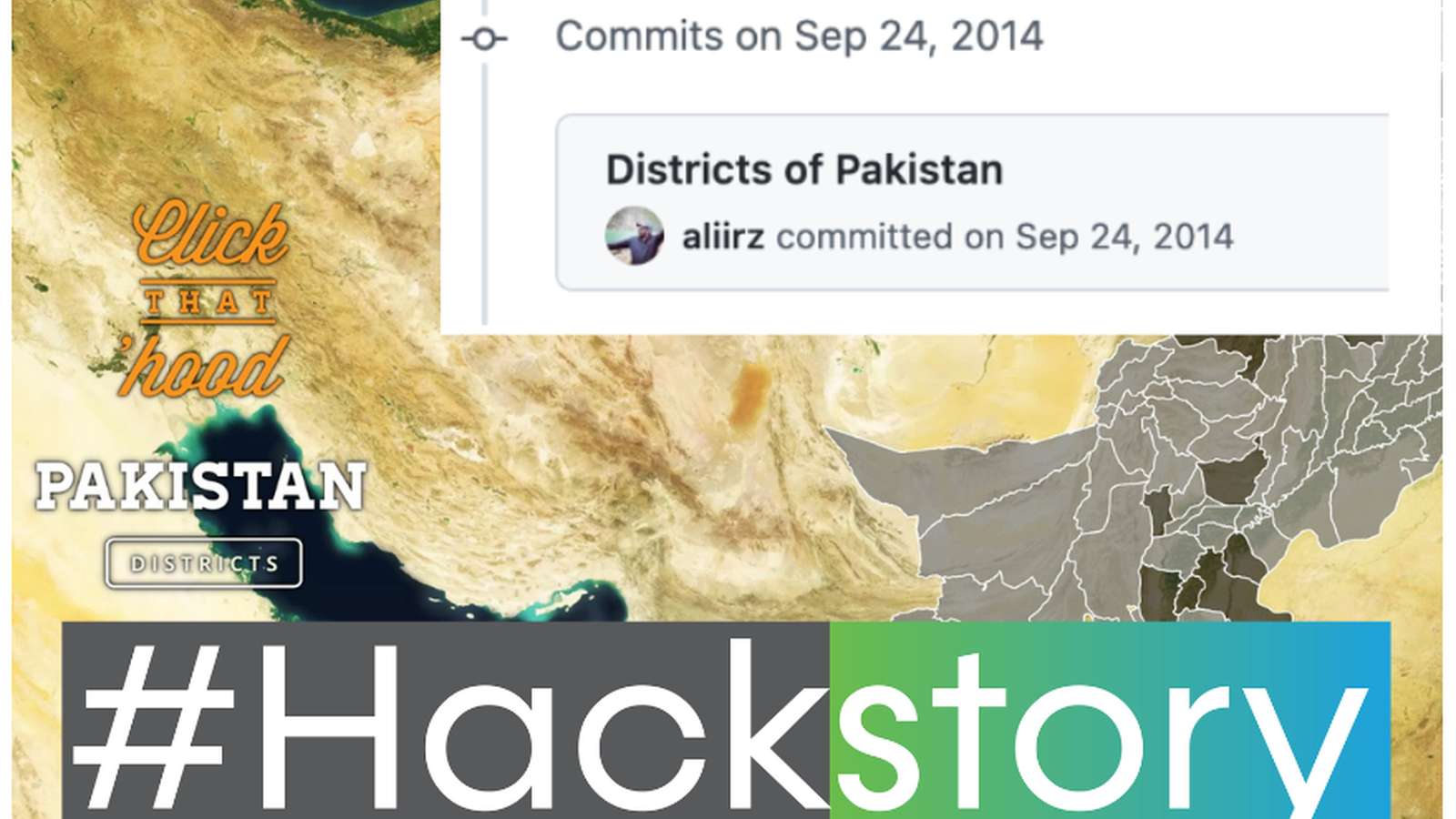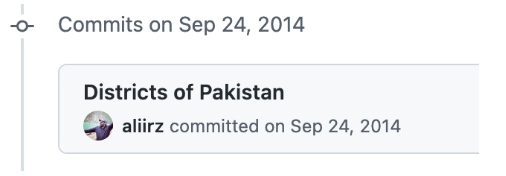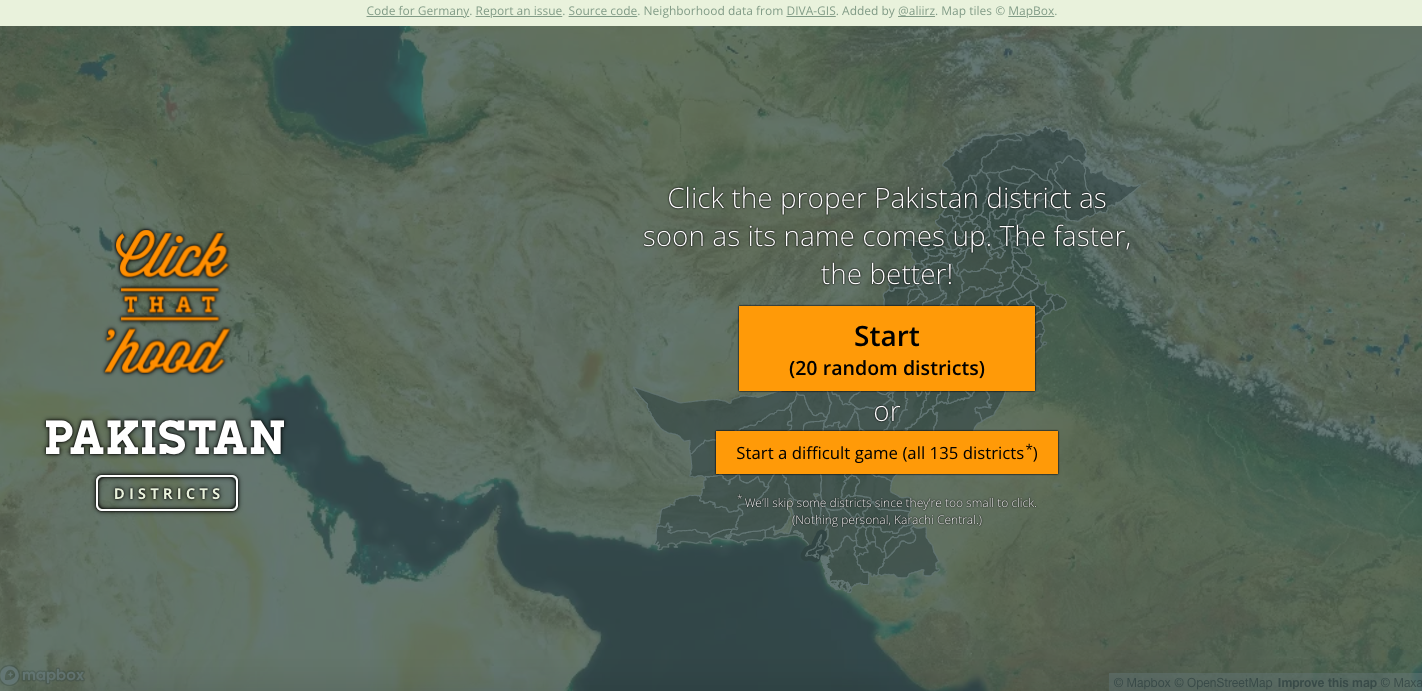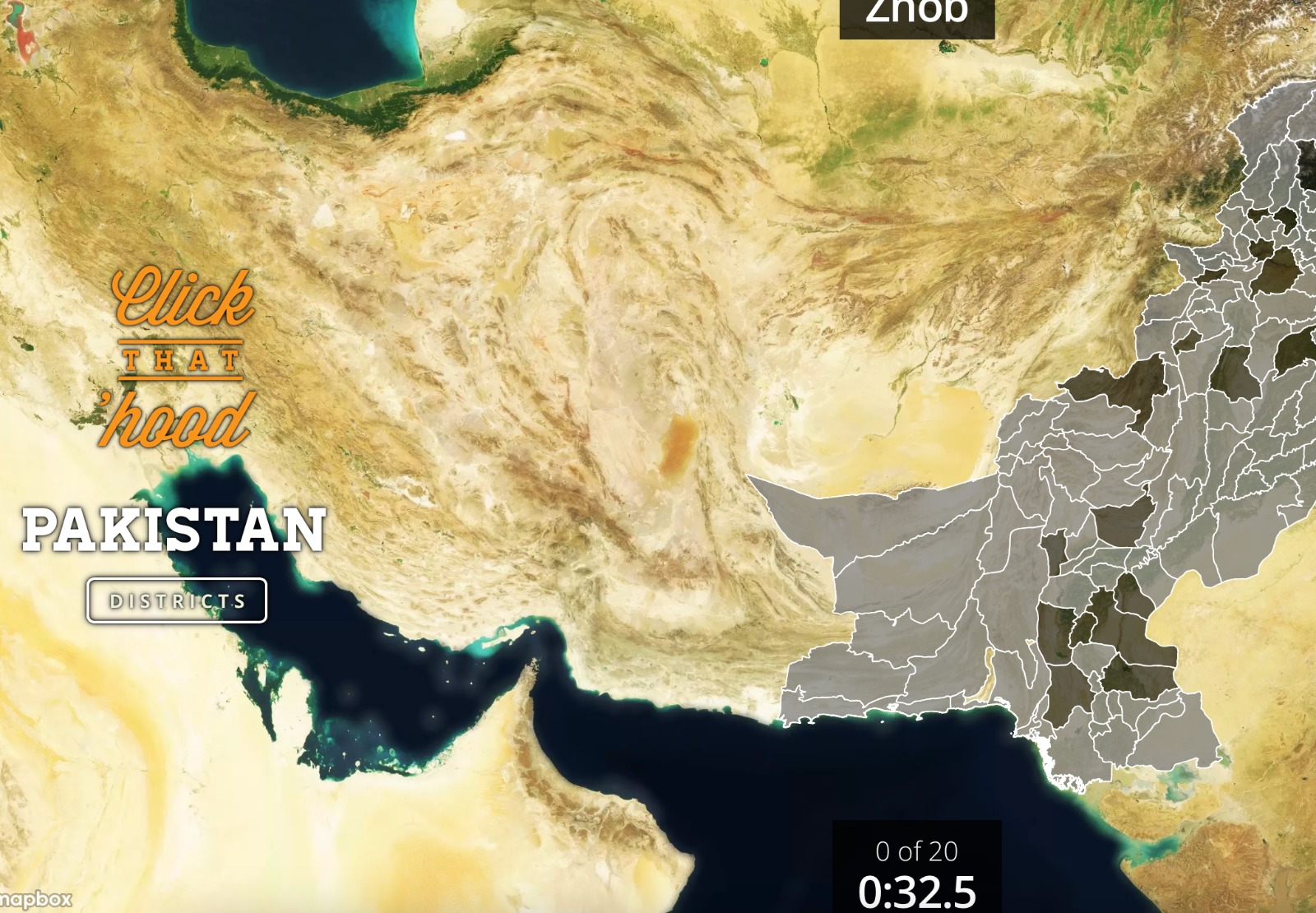
It was September 24, 2014, and Code for Pakistan's fellowship program had made significant strides. Despite being a small team, we were highly proficient at our work. Attending the Code for America summit in San Francisco, we were the talk of the town. As a first-time visitor to the USA, I was thrilled to make new friends, such as Hal Seki from Code for Japan and Justin Arenstein from Code for Africa. Despite the language barrier, Hal made me feel at home with his warm hospitality, while Justin's easygoing energy reminded me that the problems our countries faced were similar.
During the summit, a mini-hackathon took place, and I saw it as an opportunity to work on something new. The room was buzzing with activity, with some people building Legos and others making art. But I was drawn to the table with civic hackers, where I met Andrew Hyder, Code for America's developer evangelist at the time. Andrew welcomed me with a big smile and showed me some projects in the Code for America GitHub organization. One project caught my eye: Click-That-Hood, a geo-data game where you had to point to the right neighborhood quickly. However, there was no Pakistan on the list of countries.
Despite having no prior experience with geo-data, I decided to take on the challenge. Andrew kindly guided me through the process, explaining that I needed shape files for my country. But here, I was stuck. I had no idea what shape files were. I posted a plea on Facebook for help, and my ex-colleague and good friend Irum Jamshed from IRC came to my rescue, providing me with all the shape files for the districts of Pakistan.

Within an hour, I made my first-ever pull request to a GitHub project in another organization. This experience was a testament to the power of collaboration and the spirit of open-source communities, where people from all corners of the world come together to solve problems and make a positive impact. Subsequently, click-that-hood now had a Pakistan quiz where you click on districts within a time limit:


But you see, I did not make this happen alone. There were at least three people involved–the biggest role being Andrew's, as he introduced the project to me.
We lost Andrew on May 6, 2021. Although he is gone, he remains immortalized in the hearts of many people like me whom he connected with, inspired and energized to adopt a civic hacker's role to bring about better outcomes for humanity.
The lesson learned is not to be afraid to take a crack at a project. One's inherent capabilities will come to the forefront, and like-minded people will rally to offer unconditional support. This is what a community of civic hackers is all about; there will always be an Andrew guiding those who truly want to make a difference.
Rest in peace civic hacker in heaven… may you improve outcomes there as well!